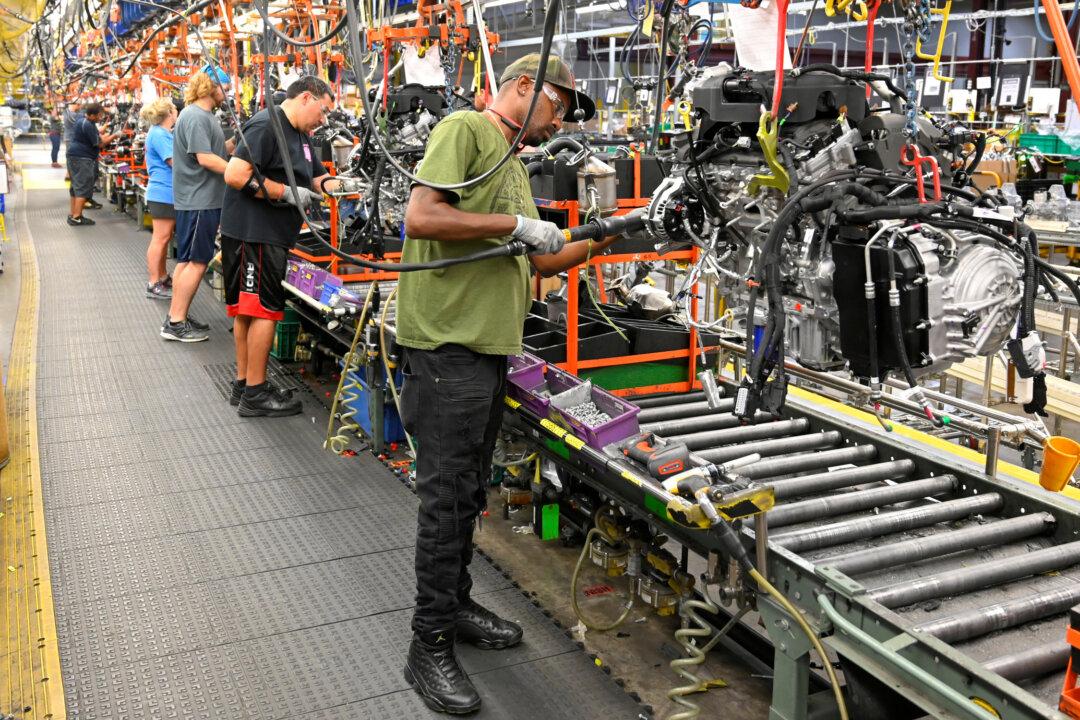New orders for U.S. made goods rose in October after two straight monthly declines, an indication that the manufacturing sector may be stabilizing, reported Breitbart.
Factory orders rose 0.3 percent in October, the Commerce Department said Thursday. Data for September was revised down to show orders dropping 0.8 percent instead of falling 0.6 percent, as previously reported. Economists were expecting a rise of 0.2 percent, reported Reuters.





